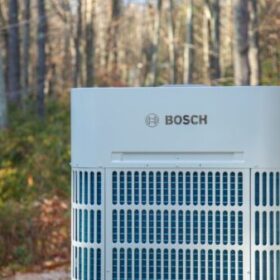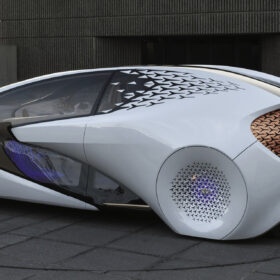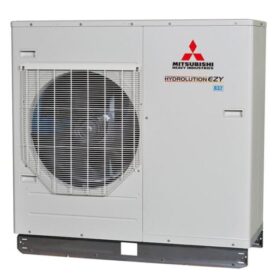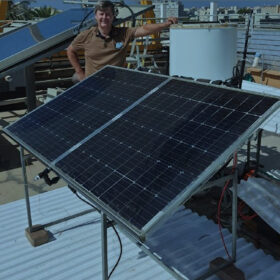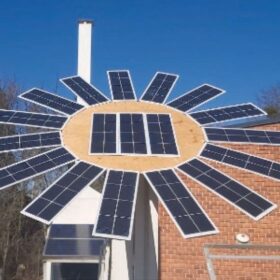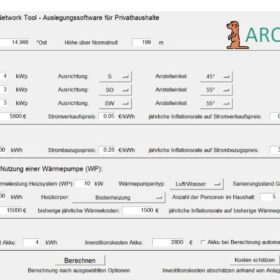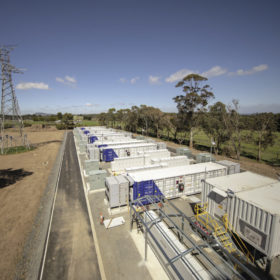Solar modules: The latest in technologies and applications
The evolution of solar technology in India isn’t solely focused on technical advancements but also on making solar energy more affordable and accessible to a wider demographic.
Bosch unveils cold climate heat pump for residential applications
According to the manufacturer, the new Inverter Ducted Split (IDS) Ultra heat pump can provide 100% heating capacity at an outdoor temperature of -15 C and can operate down to – 25 C.
GODI India to build 12.5 GWh battery cell manufacturing unit in Telangana
GODI India has signed a memorandum of understanding with the state government of Telangana to set up a 12.5 GWh lithium-ion battery cell manufacturing unit with an investment of INR 8,000 crore in Telangana.
New solid state battery charges in minutes, lasts for thousands of cycles
Researchers from the Harvard John A. Paulson School of Engineering and Applied Sciences (SEAS) have developed a new lithium metal battery that can be charged and discharged at least 6,000 times — more than any other pouch battery cell — and can be recharged in a matter of minutes.
Mitsubishi debuts residential air-to-water heat pumps
Mitsubishi’s monobloc Hydrolution EZY can reportedly produce domestic hot water up to 60 C when outdoor temperatures reach -25 C. It is available in two versions, with outputs of 10 kW and 14 kW.
Israeli startup launches 530 W bifacial PVT panel
P.G. Solar Greener says that its new panels have a thermal capacity of 1,280 Wh. They can reportedly achieve an overall dual electrical efficiency of 26%, due to an embedded cooling technique.
New solar tree design offers improved module cooling, lower shading losses
Researchers in Hungary have proposed to build photovoltaic trees with a significant distance between the solar panels. The proposed sunflower-shaped design reportedly reduces shading losses between the panels while improving cooling and heat dissipation.
JinkoSolar to give TOPCon patents to rivals in exchange for licensing fees
JinkoSolar is offering its n-type tunnel oxide passivated contact (TOPCon) patents to competitors to encourage technological development and prevent legal conflicts.
Fraunhofer IWU unveils online tool for sizing of rooftop PV systems
Germany’s Fraunhofer Institute for Machine Tools and Forming Technology (Fraunhoer IWU) has developed a new online tool to calculate the size of rooftop solar arrays, heat pumps and batteries.
India has awarded more than 8 GW of utility-scale energy storage in tenders as of November
A new report by IEEFA and JMK Research says energy storage systems are poised to attract the highest investment of all emerging renewable energy sectors this decade, concurrent with the increasing penetration of renewable energy in the nation’s electricity grid.

